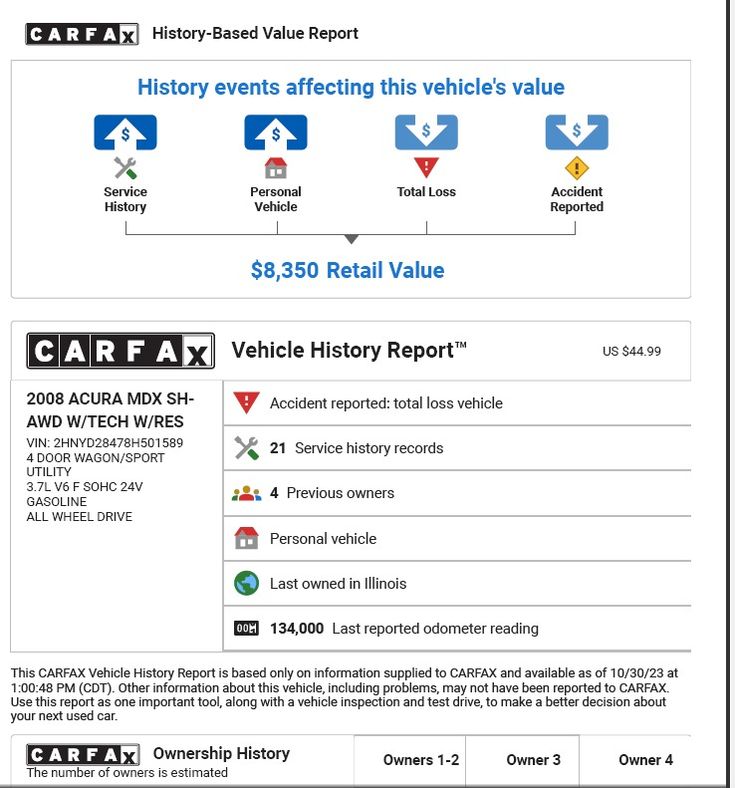Introduction:
When it's time to upgrade your car, you're faced with a decision: trade it in at the dealership or sell it privately? Both options have their pros and cons, and the best choice depends on your individual circumstances and priorities. This article will explore the key differences between trading in and selling privately, helping you make an informed decision that suits your needs.

Trading in your car offers convenience and a straightforward process. You can get an instant offer at the dealership, and the trade-in value is often rolled into the financing of your new vehicle. However, dealerships typically offer lower prices than you might get selling privately. Selling privately gives you more control over the process and the potential to earn a higher price, but it requires more effort and time.
Trading In: Convenience and Simplicity
Advantages:
- Convenience: Trading in your car is a quick and easy process. You can get an instant offer from the dealership, and the trade-in value is often rolled into the financing of your new vehicle.
- No hassle: You don't have to deal with advertising, showing your car to potential buyers, or negotiating a price.
- Instant cash: The trade-in value is usually applied to the purchase price of your new car, giving you instant cash or a lower financing amount.
Disadvantages:
- Lower price: Dealerships typically offer lower prices for trade-ins than you might get selling privately.
- Limited control: You have little control over the trade-in value, and the dealership may not be transparent about how they determine the price.
- Potential for hidden fees: Some dealerships may add fees to the trade-in process, such as a reconditioning fee or a documentation fee.
Selling Privately: Maximizing Your Profits
Advantages:
- Higher price: You have the potential to earn a higher price selling privately, as you can set your own asking price and negotiate with buyers.
- More control: You have complete control over the process, from advertising to negotiating the sale.
- No fees: You won't have to pay any fees to a dealership or a third-party seller.
Disadvantages:
- Time-consuming: Selling privately requires more time and effort, as you need to advertise your car, show it to potential buyers, and handle the paperwork.
- Risk of scams: There is a risk of scams when selling privately, as you may encounter dishonest buyers or fraudulent offers.
- Potential for damage: Your car may be damaged during test drives or while being shown to potential buyers.
Which Option is Right for You?
The best option for you depends on your individual circumstances and priorities. If you value convenience and simplicity, trading in your car is a good option. However, if you're willing to put in the extra time and effort, selling privately could result in a higher price.
Consider these factors:
- Your time constraints: If you have limited time, trading in your car is a more convenient option.
- Your negotiation skills: If you're comfortable negotiating with buyers, selling privately could be beneficial.
- Your risk tolerance: If you're comfortable with the risks associated with selling privately, such as scams or damage, it could be a good option.
- Your desired price: If you're looking to maximize your profits, selling privately is the way to go.
Conclusion:
Ultimately, the decision of whether to trade in or sell privately is a personal one. By carefully considering the advantages and disadvantages of each option, you can make an informed decision that suits your needs. Remember to research the market value of your car, be realistic about your expectations, and be prepared to put in the necessary time and effort to get the best possible outcome.





